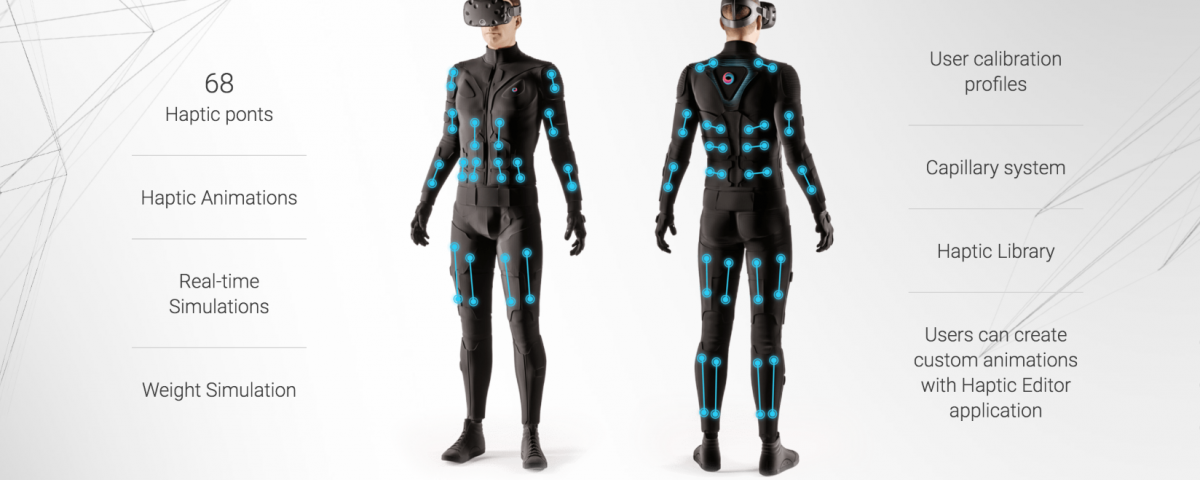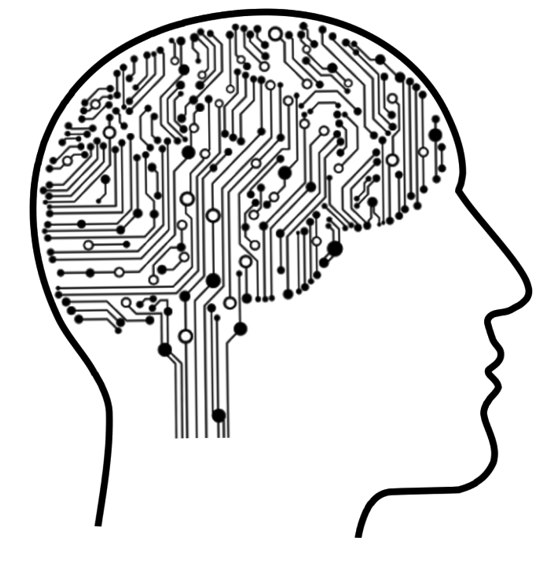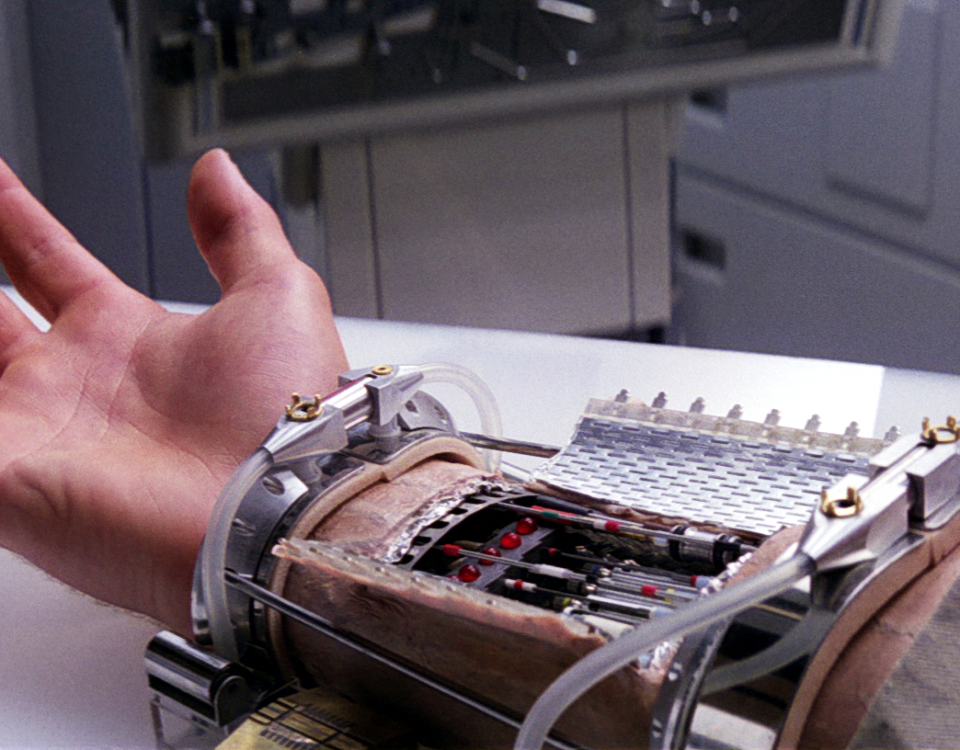Upcoming: Total-Body Virtual Reality

Innocuous Home Devices
February 22, 2018
Farms of the Future
March 30, 2018Virtual reality can be very immersive.
When you’re “into” a game, it can be easy to forget that there’s things around you that you can’t see (and hopefully you don’t knock over a lamp)!
There have been add-ons to VR systems such as the Sense Glove (a glove that allows you to feel things that are virtual) that make it more immersive. One company, Teslasuit, is planning to one-up even that ground-breaking technology with a full haptic feedback suit.
This suit works by stimulating your nerves with electricity to allow you to feel the things that are happening in virtual reality. Things like walls, rain, weight, and being pushed are all capable in a Teslasuit. Additionally, this suit also has a climate-controlled system, meaning that you can feel hot or cold depending on your environment in virtual reality.
This is truly a case of science fiction becoming science reality. It could revolutionize the world. Training for dangerous jobs (such as soldiers) could be put in realistic training simulations without having to experience the dangers of the job before they’re ready. People could immersively become part of movies or video games. You could recreate museums, landmarks, historical events, or even other planets can be recreated and explored in virtual reality.
This technology brings with it very real questions and ethical implications. This level of immersion could cause disassociative disorders, especially with those who are already prone to such problems. It could be very similar to what the character “Mal” experienced in “Inception”.
Should there be restrictions for people who may have such problems? Should there be reminders that it isn’t truly reality? What if someone forms such a strong, marriage-like bond to an artificial intelligence character? It could be very similar to what Ryan Gosling’s character “K” experienced with his A.I. “Joi” in “Blade Runner 2049”.
One thing is for sure: this technology is coming, and it’s coming fast. There are major implications which could both be a useful tool or a crippling hindrance to humanity. We must sort these out before the problems become widespread.
Eric Cawley is an occasional blogger for Gary Stringham & Associates. Gary provides consulting and expert witness services in embedded systems such as robotics. Feel free to contact Gary at 208-939-6984.




